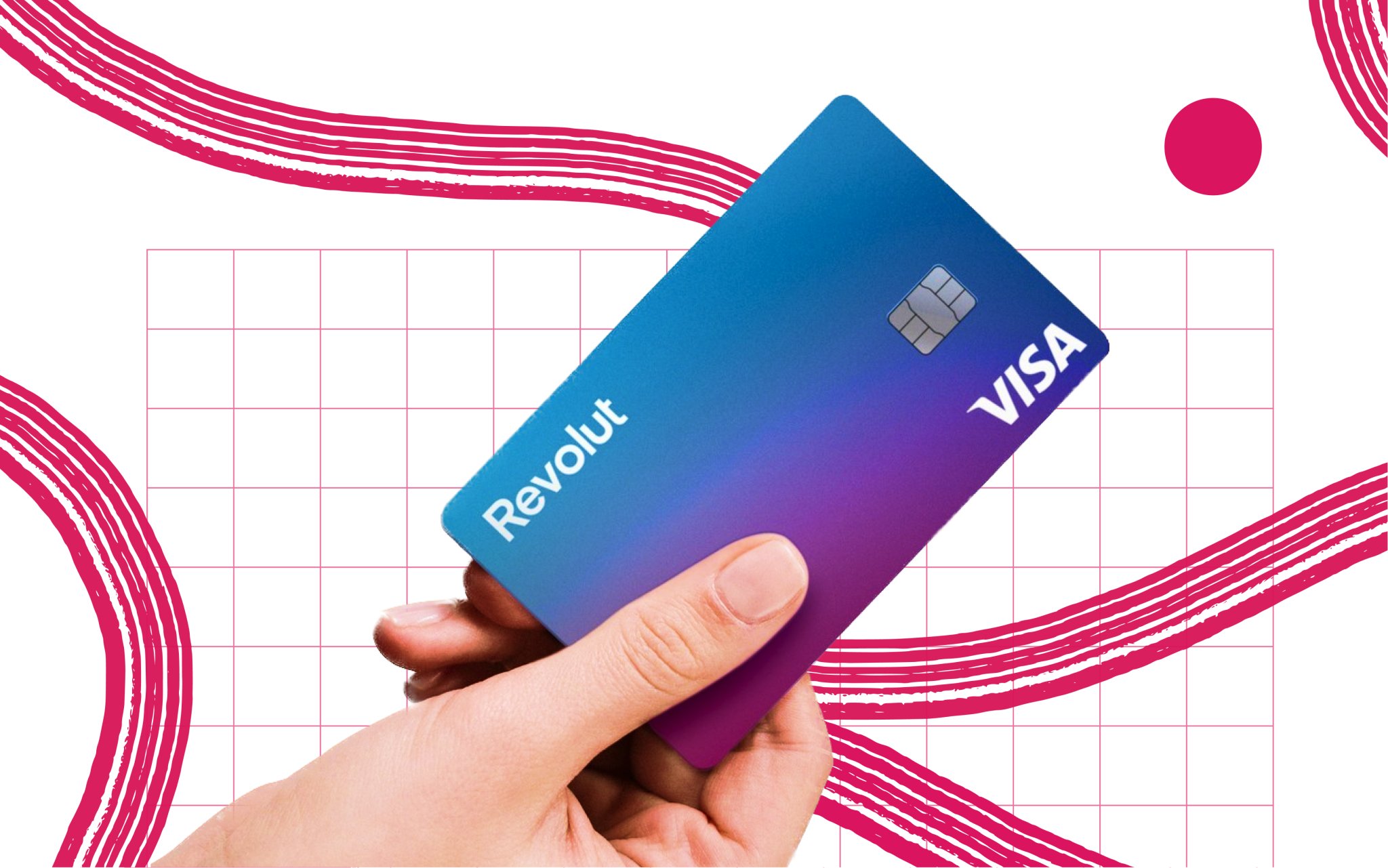Starling Bank has decided to block all card payments to crypto merchants and restrict other outgoing and incoming crypto-related bank transfers, the bank said in a message to customers on Tuesday.
Starling customers have never been able to hold cryptocurrencies with the neobank, but the announcement means they’ll no longer be able to use a Starling account to withdraw or deposit fiat money into or out of crypto exchanges.
“We always review our position in relation to financial crime. We consider crypto activity to be high risk,” the bank said in a message to customers, seen by Sifted.
“We’ve taken the decision to prevent all card payments to crypto merchants and to implement further restrictions on outgoing and incoming transfers.”
The neobank has taken the decision after the collapse of crypto exchange FTX sent crypto markets tanking. But tweets shared on social media suggest that customers were not given any prior warning or lead-up time to the decision.
A spokesperson for Starling tells Sifted: "We recently tightened restrictions on inbound and outbound transactions by card and bank transfer. Today’s message was to make sure that customers who have made such transactions in the past, but not recently, are aware of this.
"The innovative technology, and thinking, behind cryptocurrencies has great potential advantages, however, right now, they are high risk and heavily used for criminal purposes and, as such, we no longer support them."
Critics of crypto
It’s not the first time that the neobank has been critical of crypto. Starling’s CEO, Anne Boden, told Sifted in June that customers were being “scammed” by people in the sector.
“We’re spending far more of our time protecting customers from the scammers than we are trying to promote crypto,” she said in an interview at the Money 2020 conference.
Several UK high street retail banks like Lloyds TSB, Virgin and Santander have toughened their stance on cryptocurrencies recently — but their measures have mainly focused on preventing the purchase of crypto assets.
Starling’s restrictions on transactions both ways will mean that customers that may be cashing out their cryptocurrencies in the wake of the FTX collapse will not be able to deposit their funds into their bank accounts. This will likely send customers elsewhere — i.e., to rival neobanks like Revolut and Monzo, where they can still deposit.



